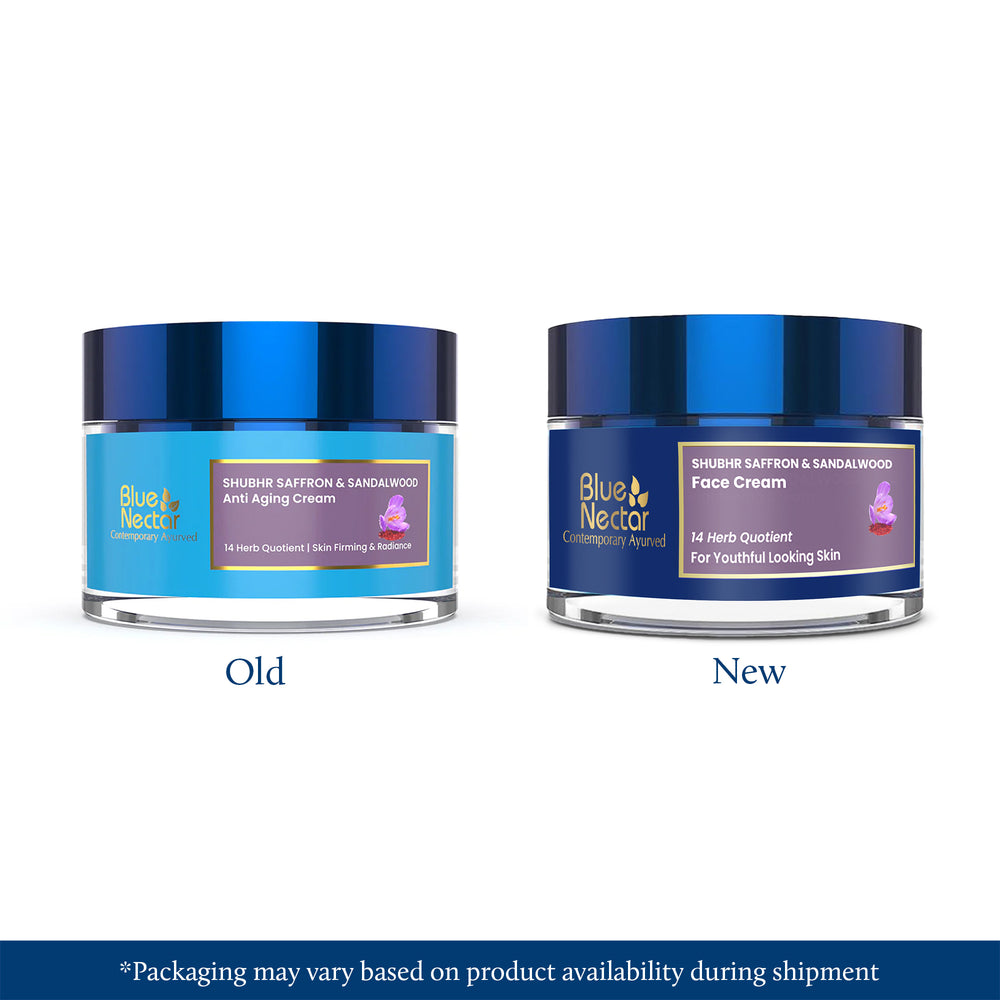Harmony Within: Ayurveda for Stress Relief
| Estimated Reading Time: 5 minutes |
Stress has turned into an unwanted companion for many in our fast-paced world. Modern living is convenient and connected, but it also comes with a lot of stress. Ancient Indian medical philosophy known as Ayurveda offers holistic methods to reduce stress. Ayurveda for Stress Relief balances the mind, body, and spirit as well as age-old advice on How to Reduce Stress.

Ayurveda for Stress Relief
Unmanaged stress can have a significant negative impact on our mental and physical health. Ayurveda offers helpful insights and techniques to help reduce stress and restore equilibrium because of its emphasis on harmony and balance.
Table of Content
|
Ayurvedic Understanding on How to Reduce Stress?
To know How to Reduce Stress?
First you have to take knowledge about Stress, Stress is understood by Ayurveda to be an imbalance in the doshas, the underlying forces that control our body. When in balance, the three doshas—Pitta, Kapha, and Vata—contribute to good health. Stress upsets this equilibrium, resulting in a number of health problems. Knowing your dominant dosha and its characteristics is essential to creating stress-reduction plans that work for you.
Ayurveda Stress Relief Modifications to Lifestyle
Ayurveda offers stress relief through lifestyle modifications, presenting numerous effective methods
1. Dinacharya Daily Routine:
A key component of Ayurveda Stress Relief philosophy is coordinating daily activities with the body's inherent cycles, which greatly enhances a sense of routine and stability. The focused exercises included in this practice, called Dinacharya, correspond with the shifting energies of the day.

In Ayurveda, rising early—ideally before sunrise—is seen as crucial. This corresponds with the Vata period of day, which is defined by clarity and freshness. Deep breathing exercises or meditation are best done in the morning. By putting these routines into practice, people quiet their minds and encourage mental clarity while also setting a nice tone for the day.
Maintaining a consistent eating plan additionally amplifies the advantages of Dinacharya. The importance of eating the major meal during the Pitta time of midday, when the digestive fire is at its maximum, is stressed by Ayurveda. It is advised to have a lighter dinner during the evening Kapha period. This mealtime schedule promotes the best possible digestion and energy balance all day long.
All in all, Dinacharya is a manual for organizing a peaceful daily schedule that supports internal equilibrium while also being in harmony with the cycles of nature.
2. Well-Balanced Diet:
The foundation of Ayurvedic diet is the idea that food can be used as medicine. The focus is on eating healthy, in-season foods that support mental and physical well-being. The Ayurvedic diet takes into account the fact that every person is different, and food suggestions are made according to a person's dosha constitution.
Food is categorized into six flavors in the Ayurvedic system: sweet, sour, salty, bitter, pungent, and astringent. It is thought that incorporating a range of flavors into each meal can meet the body's nutritional requirements and enhance general health.
Stress-busting herbs are recommended by Ayurveda to combat the effects of stress in the diet. Because of its adaptogenic qualities, ashwagandha aids in the body's ability to adjust to stress. Holy basil, also known as tulsi, is highly regarded for its ability to relax and soothe the nervous system. These herbs can help promote resilience and calmness whether added to drinks, supplements, or food preparations.

These Ayurveda Stress Relief lifestyle modifications promote a closer connection with our innate rhythms and nourish the body and mind via deliberate decisions, providing effective and meaningful methods to manage stress.
3. Yoga and Exercise:
Regular exercise according to your dosha and gentle yoga asanas enhance physical health and reduce stress.
Herbal Medicines
1. Ayurvedic massage, or abhyanga:- Self-massage with warm oil, or abhyanga, promotes muscular relaxation and nervous system calmness.
- Herbal infusions of oils, such as sesame or coconut, intensify the relaxing effect.
2. Shirodhara: Shirodhara is a technique that induces a deep state of relaxation by continuously applying warm oil to the forehead. This particular therapy is especially helpful in lowering mental tension and increasing mental clarity.
3. Medicinal Herbs:
- Ayurvedic herbs with soothing and adaptogenic qualities include Brahmi, Jatamansi, and Shankhpushpi.
- You can consume these herbs as teas, powders, or supplements, among other forms.
Mind-Body Methodologies of Ayurveda for Stress Relief
1. Meditation:
- Mantra and mindfulness meditation are effective methods for lowering stress and quieting the mind.
- Regular meditation practice improves resilience and mental clarity.
2. Pranayama (Breath Control):
- Pranayama exercises, such as alternate nostril breathing, or Nadi Shodhana, help to calm the nervous system and encourage relaxation.
- Regular exercise improves respiratory health and lowers stress.

3. Mindful Eating:
- A mindful relationship with the body is fostered by choosing nourishing, easily digested foods and paying attention to the act of eating.
- Eating slowly and appreciating every piece of food promotes general wellbeing.
Tailored Strategies Depending on Dosha
1. Vata Dosha:
- Routine living and warm, grounding techniques are helpful.
- It is advised to consume warming, nutritious foods and relaxing herbs.
2. Pitta Dosha:
- Cooling techniques and exercises are beneficial.
- Pitta is brought into balance with a diet rich in cooling foods and herbs.
3. Kapha Dosha:
- Warm, stimulating foods and energizing activities are recommended.
- Herbs that are light and energizing balance the Kapha.
Final Thoughts on Ayurveda for Stress Relief
Ayurveda for Stress Relief encourages us to re-establish a connection with our bodies and the cycles of nature as a means of reducing stress. These tried-and-true methods can help us develop resilience, balance, and a strong sense of well-being in our day-to-day lives. The path to a stress-free existence becomes a joyful dance of self-discovery and healing as we embrace Ayurvedic teaching
Recommended Products by Blue Nectar:
Balalakashadi Jasmine Bath & Body Massage Oil | Skin Hydration & Relaxation
















Leave a comment